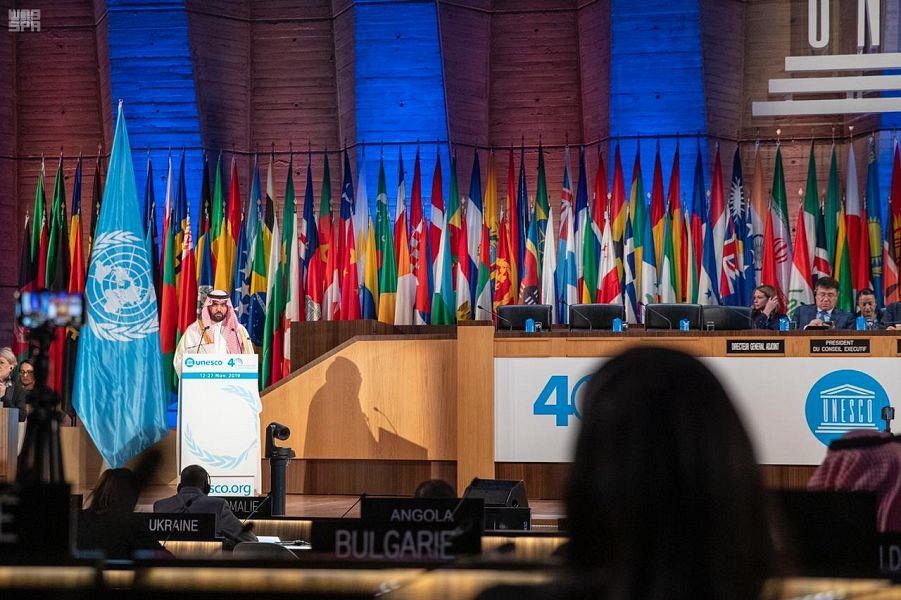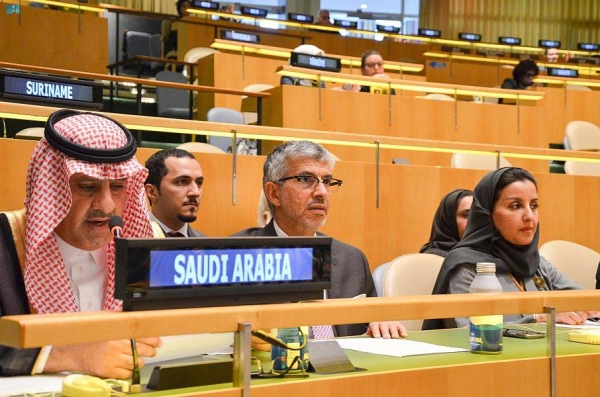
RIYADH: The Education Assessment Board and the Saudi Bar Association (SBA) have collaborated to enhance and reform legal education and qualifications in conjunction with Vision 2030.The accord between the two entities involves creating an environment for cooperation in legal rehabilitation projects, capacity building and enhancing the quality of law programs.It also involves studies and training, sharing of experiences in areas related to activities of both associations, and exchange of knowledge and experience in all aspects of academic accreditation and professional standards of law programs.Bakr Al-Haboob, secretary-general of the Saudi Bar Association, told Arab News on Friday the SBA strategy focuses on the legal industry and includes education, legal practice, entrepreneurship and reforming its market.“The agreement includes a number of initiatives, one of which is to help review the educational standards of universities such as King Saud University Law School by professional law practitioners,” he said.He added that it also includes the standardization of qualifications, which the SBA will launch in association with the American Bar Association. “This course is called Law Practice Fellowship. The program is expected to kick off in September 2018,” he said.He further said that the SBA is working closely with the Ministry of Labor and Social Development to regulate granting of visas for non-Saudi legal consultants by examining their qualifications, and will require SBA-affiliated membership before issuing the permit.Khalil Aljehani, a senior lawyer and managing partner of the Aljehani Law Firm in the Saudi capital, said that “such an agreement is very important.”“It can be said that such an agreement is a contribution by the Education Ministry of which Education Assessment Board is a part, and the law association for the achievement of the Vision 2030 plan of the Kingdom,” he told Arab News.He added that it will also give Saudi lawyers the opportunity to be external auditors in the field of accreditation of law programs in Saudi universities. Dr. Majed Abdullah Al-Hedayan, a senior legal expert, welcomed the move, saying: “In order to achieve a balance between supply and demand, the authorities seek to combine the outputs of the Ministry of Education and vacancies with the private and professional sectors, which require national qualification.”“They are doing this without financial cost to the private and professional sector throughout the period of rehabilitation and study,” Al-Hedayan told Arab News.












